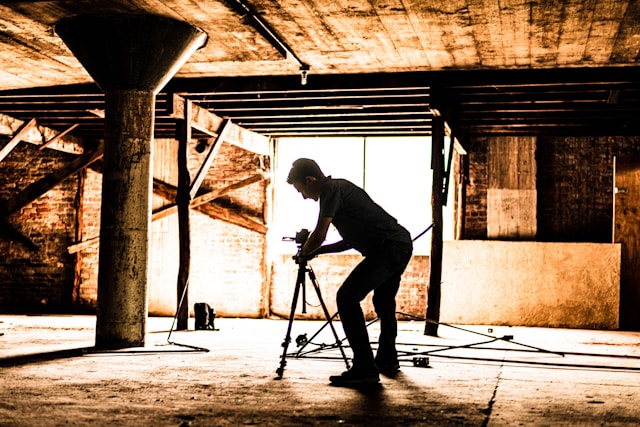Radon inspections are essential when evaluating the safety and longevity of your home environment. As an odorless, colorless, and radioactive gas, radon poses significant health risks, primarily as a leading cause of lung cancer among non-smokers. Originating from the natural breakdown of uranium in soil, rock, and water, radon can infiltrate homes through cracks in floors, walls, and foundations, accumulating to dangerous levels without your knowledge.
Conducting a radon inspection is the definitive way to determine whether your home is at risk. With the right insights into the property’s levels of radon, you gain the power to make informed decisions about possible mitigation actions. Effective radon testing can vary in duration – from a few days to extended periods – depending on the method used, such as continuous Radon monitors, charcoal canisters, or alpha track detectors.
Understanding the significance of radon inspections can safeguard the health of you and your loved ones. Whether you’re a current homeowner or a prospective buyer, acknowledging the need for regular radon assessment helps in managing your home’s safety. By staying informed and proactive with radon inspections, you take crucial steps toward ensuring your living space remains a healthy sanctuary.
Understanding Radon
Radon is a significant health risk that remains undetected without proper testing. It’s essential to understand its characteristics and origins.
Characteristics of Radon
Radon is an invisible, odorless, and tasteless radioactive gas, making it impossible for you to detect without the aid of a professional radon detector. It’s a byproduct of uranium decay and, being a heavy gas, it tends to accumulate in low-lying areas such as basements or ground floors. Exposure to radon, especially at elevated levels, presents a long-term health risk as it’s the second leading cause of lung cancer after smoking.
Sources And Causes Of Radon Contamination
Radon gas originates from the natural breakdown of uranium in soil, rock, and water, and subsequently, it migrates into the air you breathe. Your home can trap radon inside, where it builds up and becomes a health hazard. The age of your home does not exempt you from risk; both new and old homes can have radon issues. Radon levels can vary significantly from one house to another, so testing with reliable devices like a continuous radon monitor is crucial for accurate assessment. Regular testing helps maintain safe indoor air quality and safeguards your health.
Importance Of Radon Inspection
Radon inspections are a crucial step in ensuring your home is safe from the harmful effects of radon gas. They play a significant role in protecting your health, complying with legal standards, and safeguarding your home’s value.
Health Risks Associated With Radon
Radon gas is a silent health risk. It is the second leading cause of lung cancer after smoking. Your exposure to radon can lead to significant health issues over time because it’s a colorless, odorless radioactive gas that can accumulate to dangerous levels inside homes. Proactive radon testing and inspection can provide the necessary information to reduce your risk and implement mitigation methods if required.
Legal And Safety Regulations
Your local and state regulations may require radon inspections, especially when buying or selling a property. These regulations are designed to protect public health. Adhering to them not only ensures legal compliance but also demonstrates your commitment to safety. Familiarizing yourself with these requirements is critical, as they can vary widely by location.
Long-Term Safety And Property Value
Regular radon inspections contribute to the long-term safety of your home environment. Moreover, they can bolster your property’s value. A home with documented radon mitigation can be more attractive to buyers, as it ensures them that the home is safe from radon-related risks. Maintaining a record of radon levels can also be beneficial if you plan to sell your property in the future.
Conclusion
Radon inspections are a critical step in ensuring your home’s safety. Exposure to high levels of radon gas can lead to health issues, including lung cancer. By conducting a radon inspection, you not only gain peace of mind but also safeguard your family’s well-being. Should you detect radon, mitigation measures can effectively reduce radon levels and protect your home.
